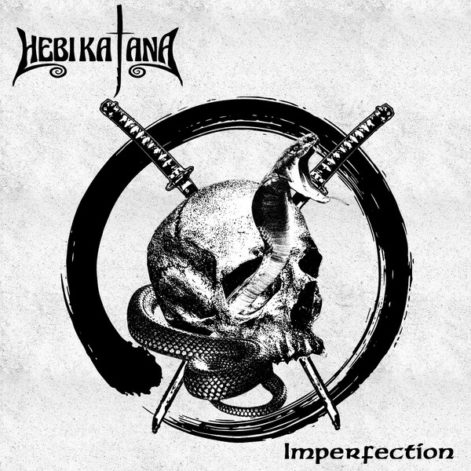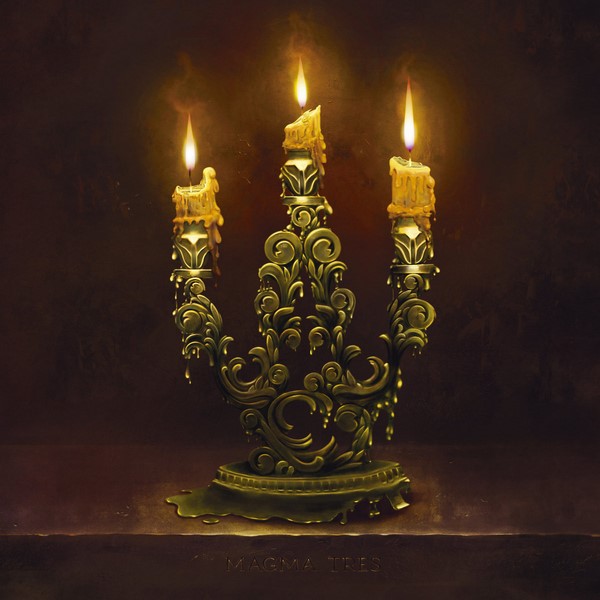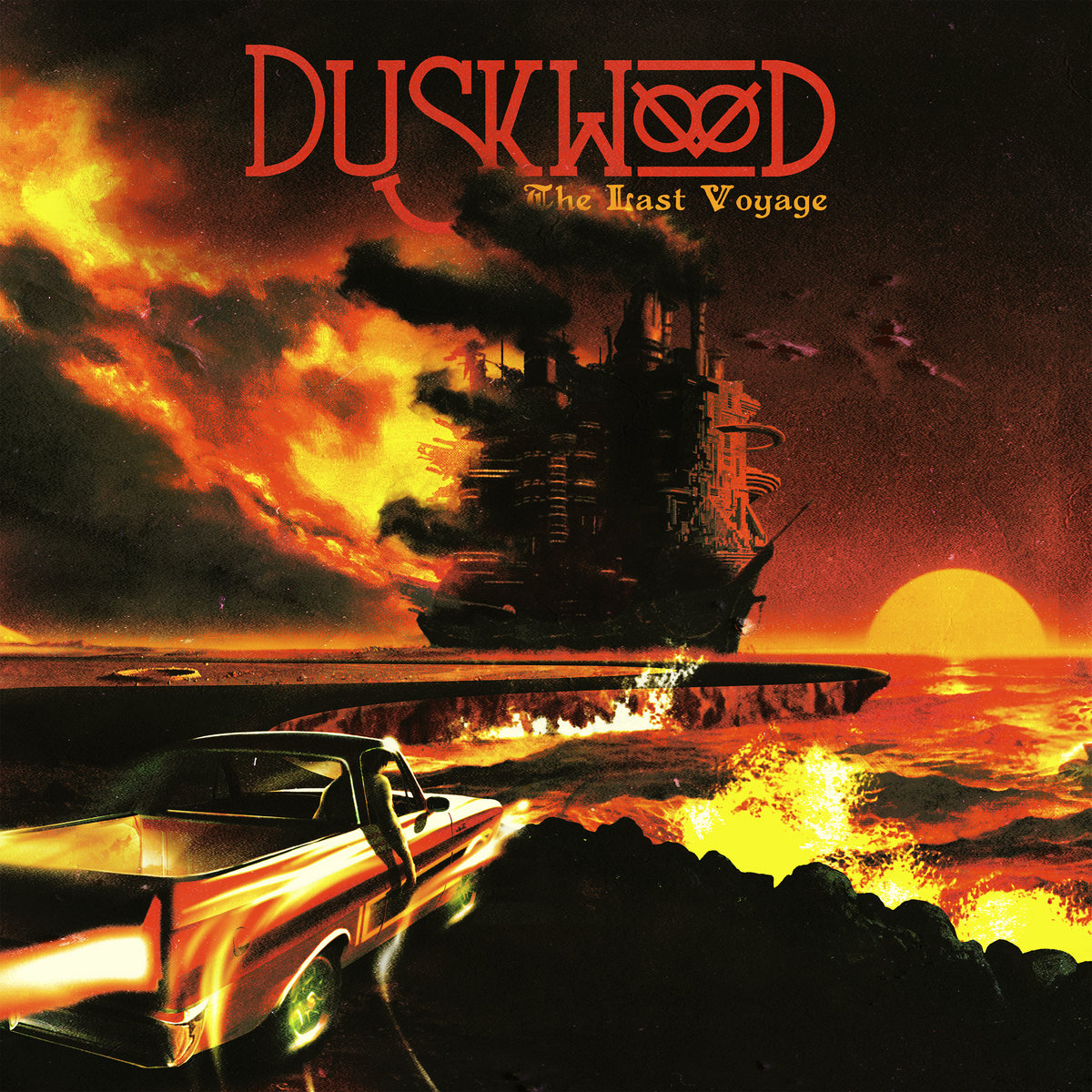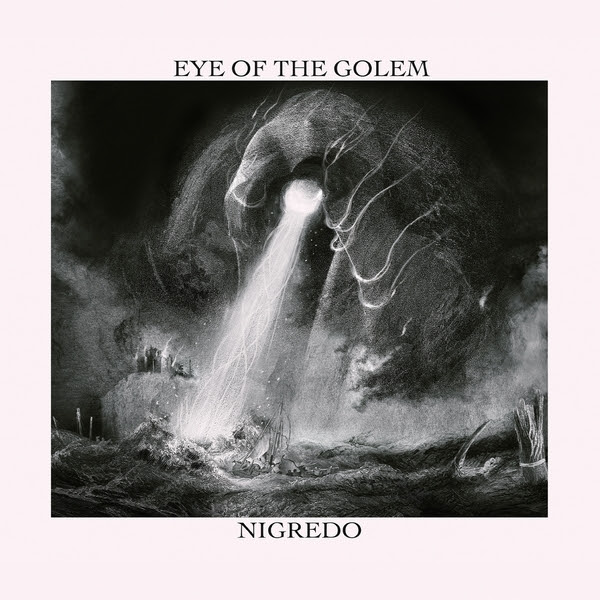I came to Imperfection with a bit of caution, not because I doubted HEBI KATANA, but because after three albums of raw, sticky Tokyo doom, you start wondering how much more weight a trio can carry without spilling over into overkill. What hits first is how completely they don’t care about that question. The riffs crawl in like smoke through a half-open window – thick, jagged, curling around each other and sometimes just stopping mid-thought, leaving space for the drums to cough or the bass to roll stubbornly beneath. Nobu’s voice rides over it all, rough and stripped-down, never quite fully clear, sometimes lost in the buzz of the amps, sometimes cutting sharply enough to make you lean in. You notice it more in a small room, of course – a live show, a sweaty basement – but even in headphones, it carries that sticky, uneven life.
There’s a crooked rhythm to the whole album, not sloppy but definitely human. A groove will swing wide, almost trip, and then catch itself in a way that feels accidental but somehow exact. The guitars buzz and scrape, the cymbals clash and smear just enough to leave grit behind, and the bass doesn’t just hold the floor, it rumbles like it’s laughing at the rest of the band, stubborn in its own weird way. You can hear the influence of 70s proto-hard rock, the slow pull of doom, but it’s filtered through this strange, almost wabi-sabi philosophy – imperfection embraced, held up like it’s the point, not a flaw. It’s rare to hear something that’s both so heavy and so alive, breathing in the space between notes, in the pauses where nothing happens except tension and the low hum of amps.
The album never rushes, yet it rarely drags either. There’s a sense that the band knows exactly how long to let a riff breathe, when to let it hang and distort, when to shove the whole groove forward like a rolling slab of concrete. It’s kind of mesmerizing, the way they pull proto-hard rock swagger into a doom frame, not for nostalgia but for the way it feels under your skin, sticky, heavy, and oddly comforting. Some of the songs feel like small rituals, small spaces of shadow and sweat, the kind of thing you could imagine playing at 2 a.m. in a tiny Tokyo club, smoke curling, amps rattling, and everyone just standing there letting it wash over them.
The trio is tight but loose, if that makes sense. Nothing ever feels overly rehearsed. You hear them listening to each other mid-song, catching a pause, pulling a note back, letting a cymbal linger too long. Imperfection isn’t just a theme, it’s embedded in the execution. You catch the little moments where someone nearly stumbles but it lands perfectly anyway, the spaces where silence is heavier than sound, where a single note seems to hang like it might crack the room. There’s a strange, almost spiritual satisfaction in that, something very Japanese in its patience, its acceptance of cracks and flaws as part of the texture.
By the time the last notes trail off, you realize it’s stuck in your head not because of hooks or choruses, but because it feels lived in. The sticky air, the uneven grooves, the raw, crooked vocals – all of it leaves a mark. HEBI KATANA hasn’t polished anything away, they’ve leaned into it, and it works. It’s heavy, yes, but it’s human, it’s messy, it’s alive. You don’t finish Imperfection and feel you’ve heard everything, because some of it is happening around you as much as on the record. Imperfect. Crooked. Sticky. And exactly the kind of doom that makes you glad bands like this exist.
Follow HEBI KATANA on Facebook
Released by Ripple Music on July 25th, 2025






